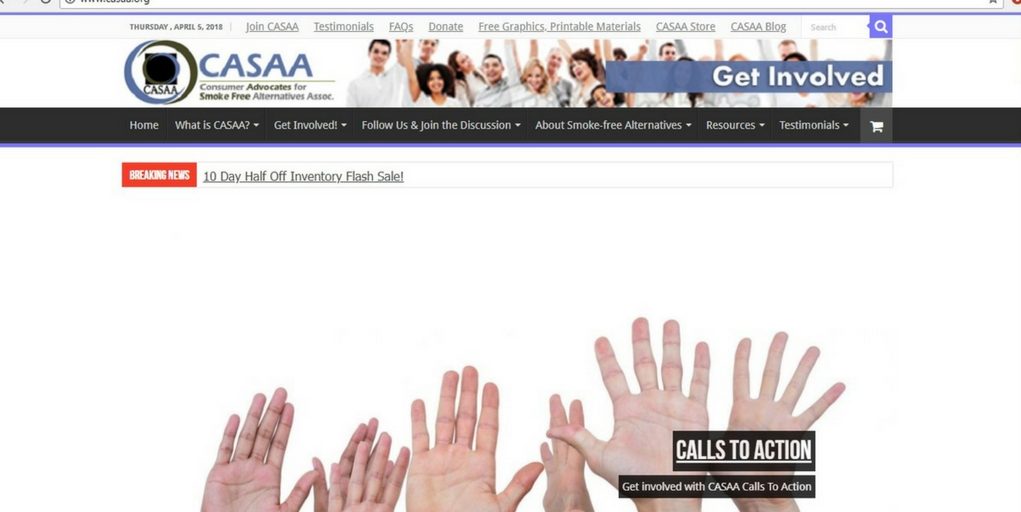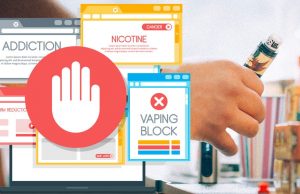- Vaping causes popcorn lung
- E-cigarettes don’t help people quit smoking
- E-liquids contain anti-freeze
Similarly, using CDC NYTS & NHIS data, last year CASAA released infographic graphs showing that not only is the claim there’s a “new generation being hooked on nicotine” false, but that actually for every one teen who vapes regularly nearly FIVE adults quit smoking.
The graphs showed that there are currently 3.95 million current vapers who are former smokers, 2.74 million vapers who are non-regular smokers, and 2.44 vapers who are current smokers.
Of the 2.06 million teen vapers, 1.25 million vaped at least once a month, while 810,000 vaped for at least 20 times last month. Most importantly, revealed the infographic, most vaping experimentation does not continue beyond high school, and smoking rates keep dropping among both teens and young adults.
A US campaign tackling health misinformation should include vaping
Meanwhile, in response to a recently launched initiative to reduce health misinformation in the US, tobacco harm reduction experts highlighted that this should be an opportunity to also mention the inaccuracies spread about vaping.
The initiative in question was launched by the Surgeon General of the United States (SG), who rightly said that health misinformation is a serious threat to public health, as it causes confusion leading to harm on people’s health amongst other things. He said that limiting such damage “is a moral and civic imperative.”
In response to this initiative, a paper in the journal Addiction written by a number of acclaimed public public health experts applauded the SG for addressing this important issue. However, it highlighted, vaping is one area where there is widespread misinformation which should be seriously addressed.
Focusing on two specific examples where misinformation about vaping runs rife: vaping can cause EVALI and vaping may act as a “gateway” to smoking, the experts explained that sadly these myths continue to be spread by the US public health officials, despite evolving scientific data contradicting these claims.
“As the recent SG advisory on misinformation observed, ‘updating assessments and recommendations based on new evidence is an essential part of the scientific process,” they emphasized.












